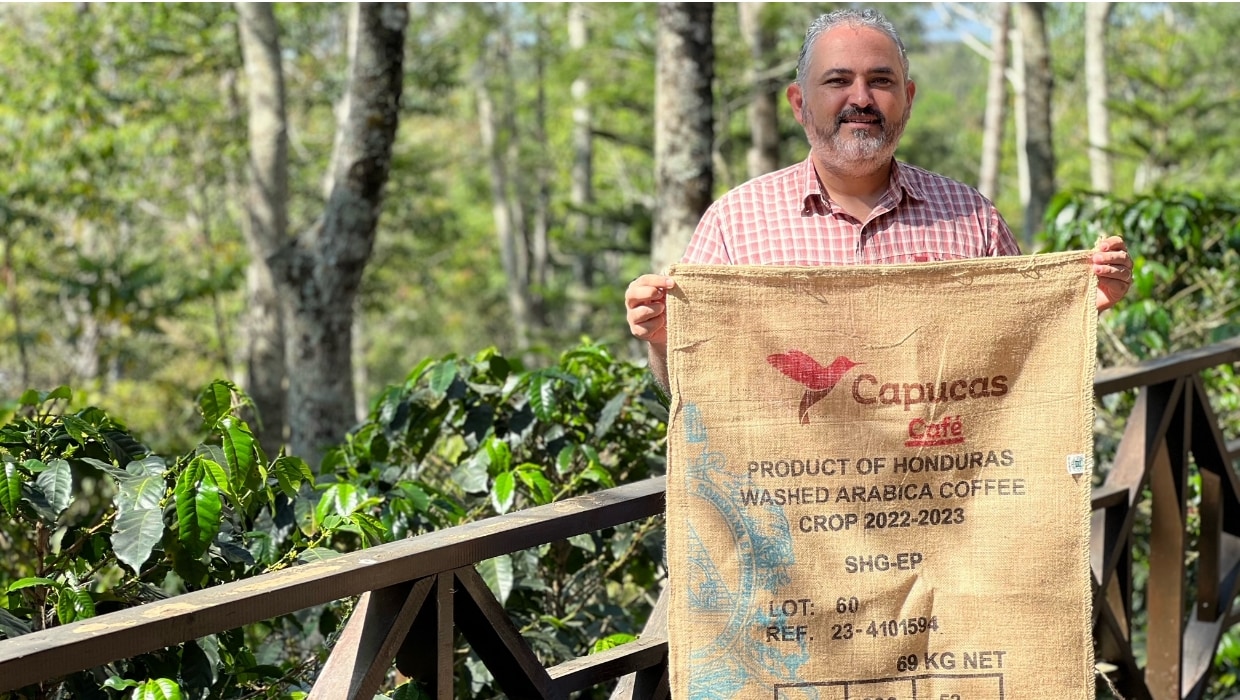
Transforming with integrity
De’Longhi releases its first Speciality Coffee beans in partnership with the Slow Food Coffee Coalition, harvested beside a UNESCO-protected park near Rio Colorado.
Millions of coffee enthusiasts acknowledge International Coffee Day in their own ways. To celebrate the aromatic elixir that emanates from roasted beans every day and to help raise awareness of the importance of drinking good, clean, and fair coffee daily, De’Longhi started a partnership with the Slow Food Coffee Coalition in 2022 and has launched the first-ever Speciality Coffee born from the joint efforts of this partnership. The high-quality Specialty Coffee comes from the Slow Food Community “Las Capucas Sustainable Coffee Village‘‘ in Honduras.
The territory: a UNESCO park in Honduras
The Slow Food Community “Las Capucas Sustainable Coffee Village” was created in 2021 to improve access to new markets, ensure the commercialisation of good quality coffee and generate economic income for the families of coffee producers committed to the environment and product sustainability. Representatives from Slow Food train producers in the organisation’s values, sharing the customary information required by the Slow Food Coffee Coalition.
“Las Capucas Sustainable Coffee Village” Slow Food Community also includes the Finca Rio Colorado plantation in western Honduras, a spectacular, undulating landscape surrounded by forests. The village, which maintains 46 hectares of Arabica sprawled at 1,100– 1,300 metres in altitude, is flanked by the Rio Rauco and the Rio Colorado rivers, crucial irrigation sources that meet at the plantation’s southernmost point.
The plantation lies beside the Celaque National Park, which UNESCO has recognised as a universal heritage of humanity that represents an essential portion of the Central American country. Deforestation is prohibited inside the park, and most of the local indigenous communities live on the production of coffee. Las Capucas village is one of a kind, and they naturally embraced the Slow Food principles as theirs.
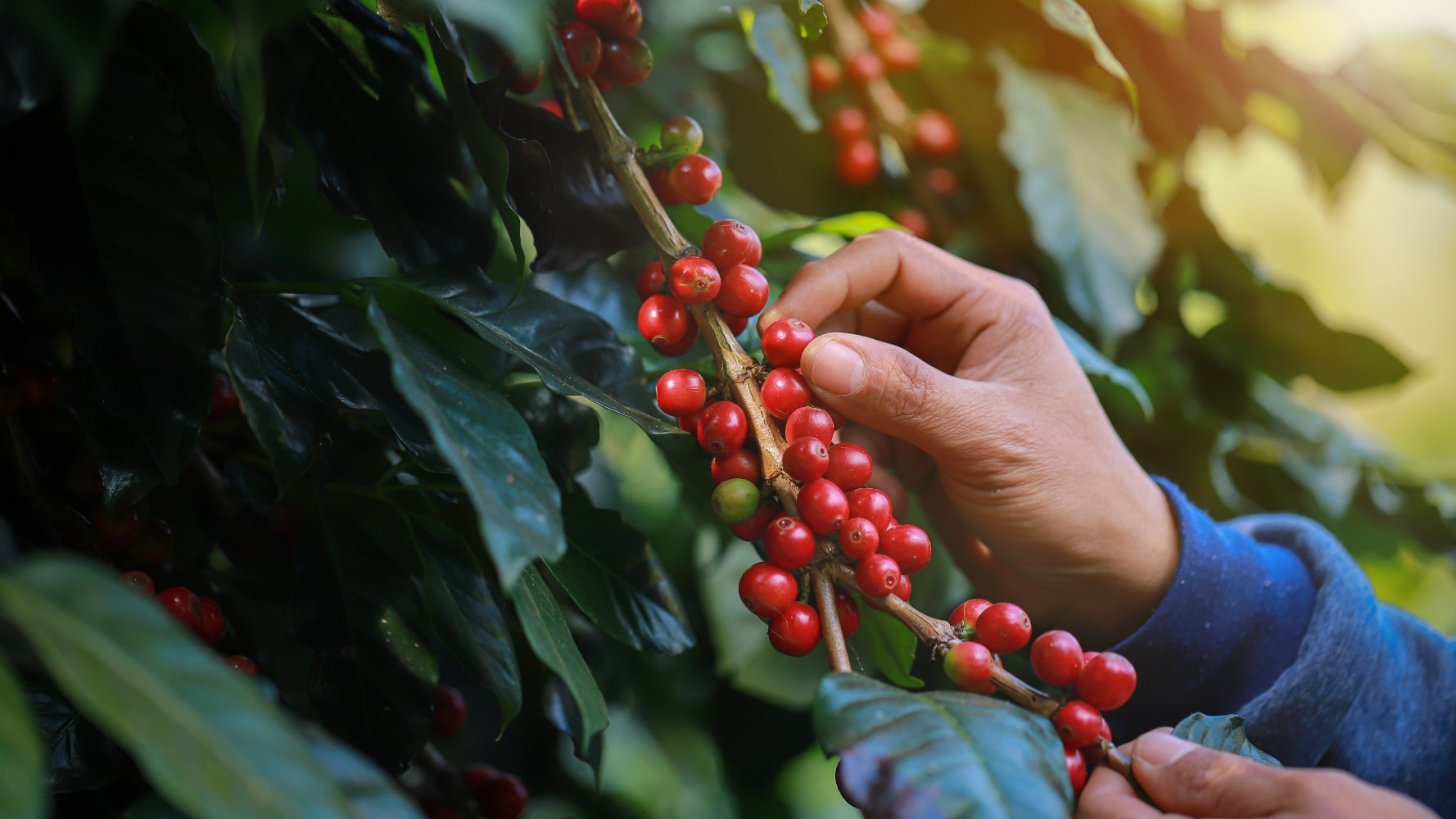
The selection process
Harvested on agroecologically managed farms, the beans feature a traceability system that tracks all facets of coffee production, a process that starts with beans. International Coffee expert Andrej Godina – an authorised Specialty Coffee Association (SCA) trainer – explains how De’Longhi selected the best batches of beans for production.
The batch of Honduras Specialty Coffee beans is produced on the plantation and harvested using the “picking” method, which consists of expert harvesters manually selecting the best ripe fruit. The processing of the coffee involves pulping the fruit within the first six hours, followed by a short period of fermentation of the cherry and slow drying.
“At the end of the coffee harvest, all coffee beans in the community are tasted with the cupping method,” says Godina. Per the tasting protocol established by the SCA, the coffee beans should be lightly roasted, coarsely ground, and steeped in hot water to brew in cups ready for being tasted and evaluated to determine batch consistency. “A tasting session was organized to select the best lots for the production,” Godina says.
The coffee produced in partnership with the Slow Food Coffee Coalition was awarded a SCA cupping score that exceeded 80 points and therefore was considered Specialty Coffee.
The Slow Food community behind the coffee
Umami Area Honduras S.A. de C.V., a local profit company with an international shareholder party, initiated the creation of the community. The group’s values align with those of the Slow Food Coffee Coalition, aiming to run sustainable coffee plantation management that prioritises environmental, quality, organic, social, financial, diversification, and agroforestry concerns. The shareholders represent the value chain that comprises the entire production process, from seedling, growing, harvesting, and shipping to roasters, buyers, and, ultimately, the baristas.
The Umami Area Honduras project arose thanks to 25 cooperating partners willing to prove that high-quality coffee production can be sustainable.
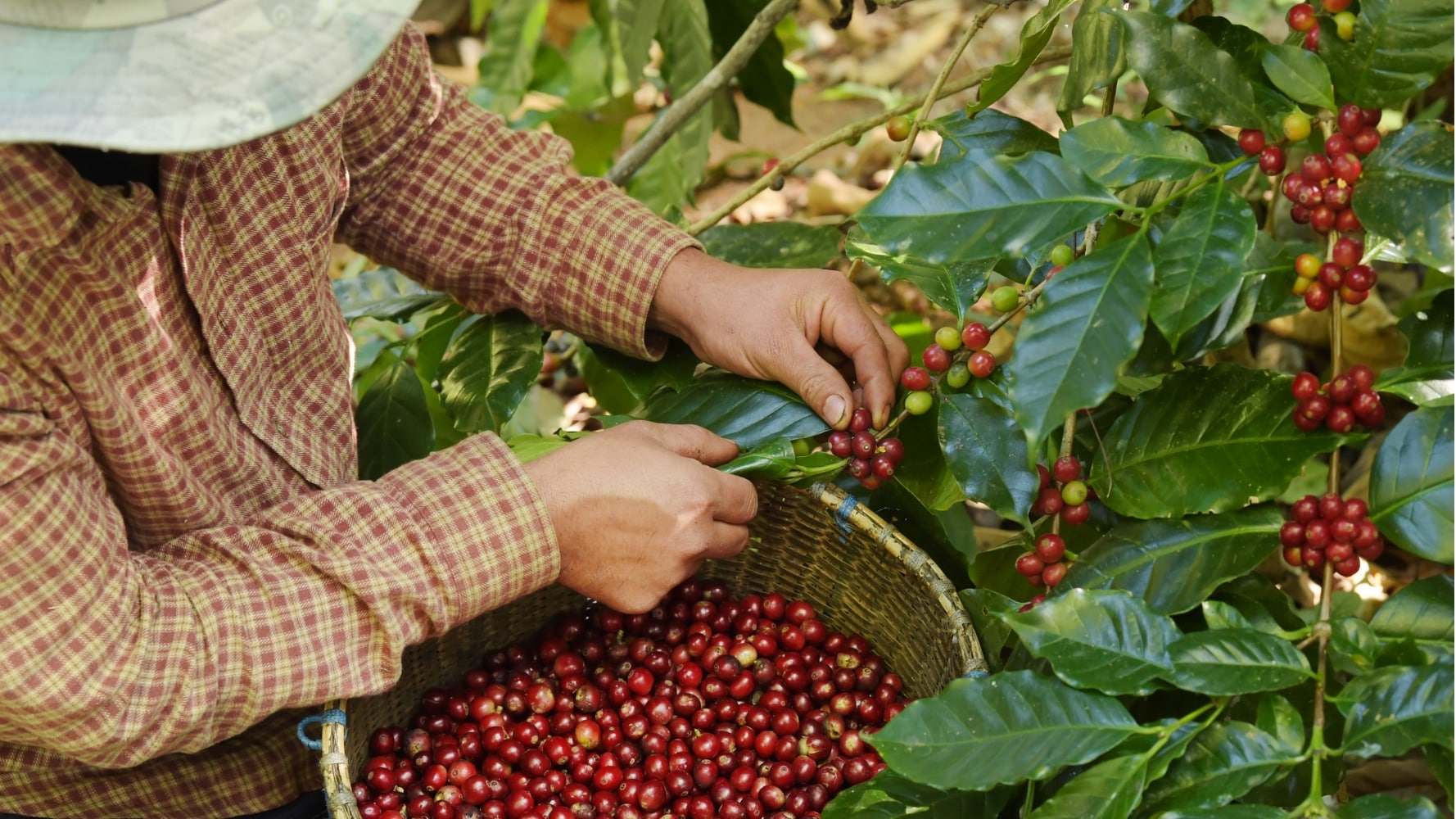
Making the coffee industry more sustainable from the inside
De’Longhi’s partnership with Slow Food and Slow Food Community “Las Capucas Sustainable Coffee Village” is one of a kind. Still, it’s just an example of the complexity and many players involved in increasing sustainability within the coffee industry: from farmers to consumers, all play an active role in helping promote fundamental change.
As De’Longhi continues its partnership with the Slow Food Coffee Coalition, it aims to encourage coffee lovers worldwide to drink good, clean and fair coffee as part of a responsible coffee consumption initiative. Starting today, coffee lovers can lend their support by tasting the first-ever product of this alliance: medium-dark roast or medium-light roast —your choice.
Anyone can join the Slow Food Coffee Coalition. Protecting our planet and supporting sustainable farming systems comes through small gestures, like good coffee. Sign the Manifesto and receive the monthly newsletter to discover more stories from the network, put a face to the producers, and stay up-to-date on news and events.
Get the Honduras Specialty Coffee beans as a gift
Choose one coffee machine from our selection and get the complimentary Honduras Specialty Coffee.
Discover more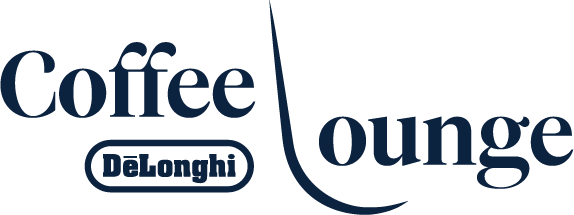

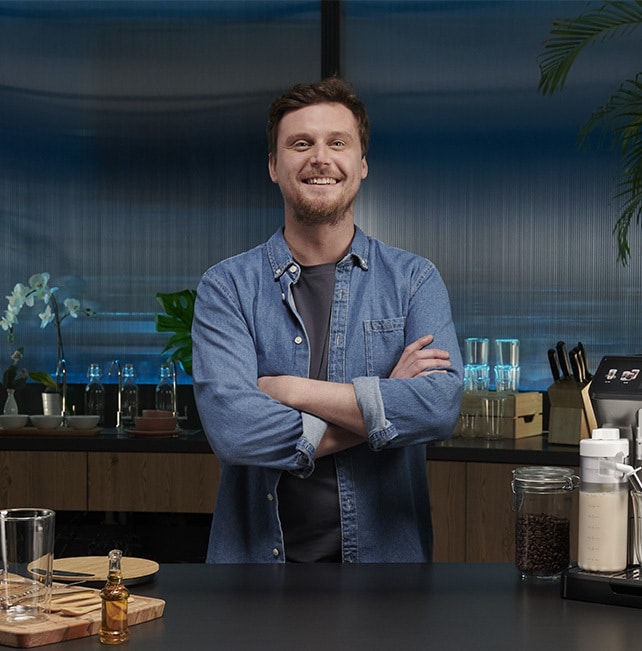

Testo vario
Join us
Policies
Support